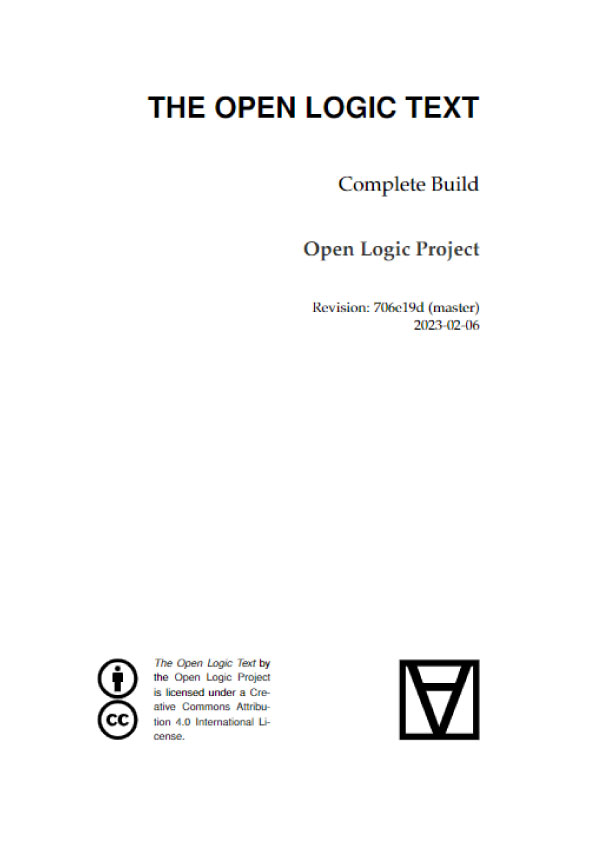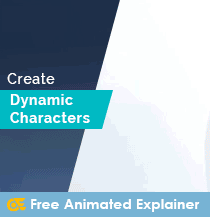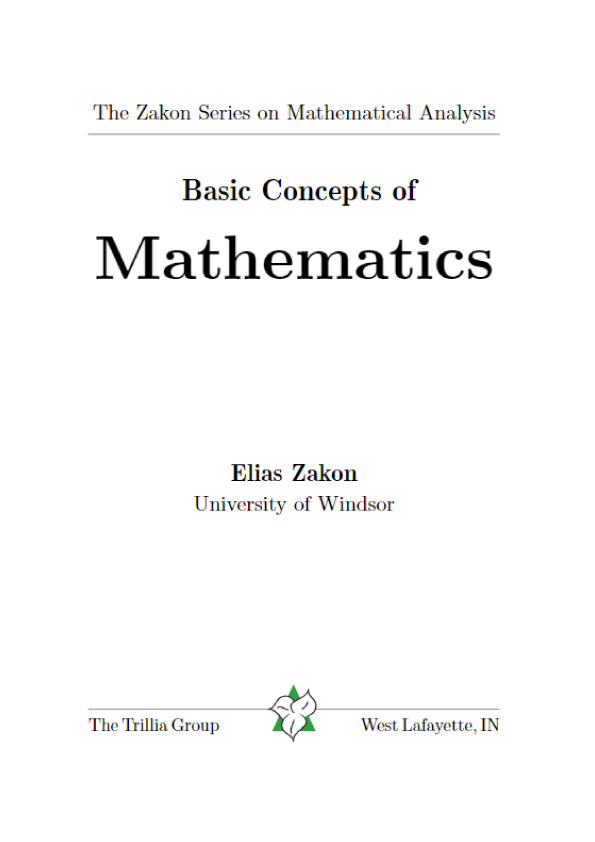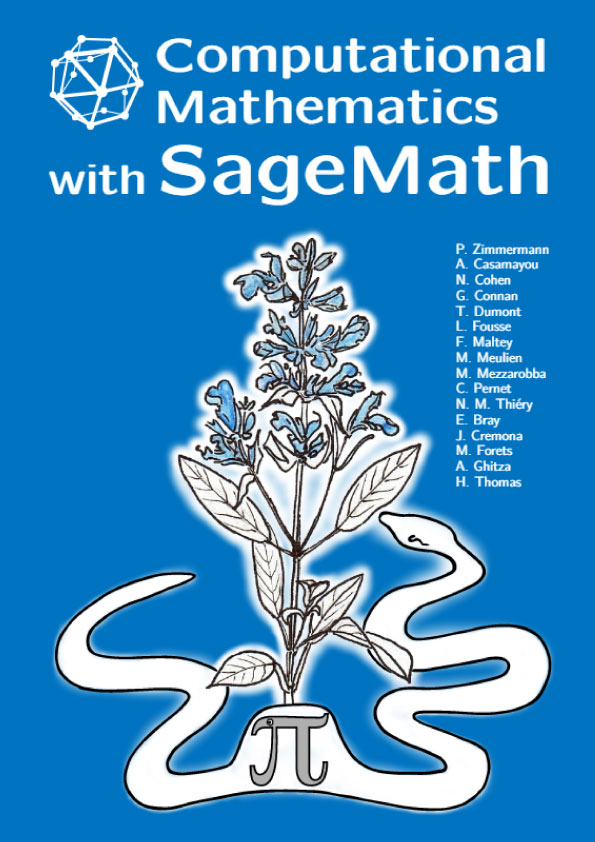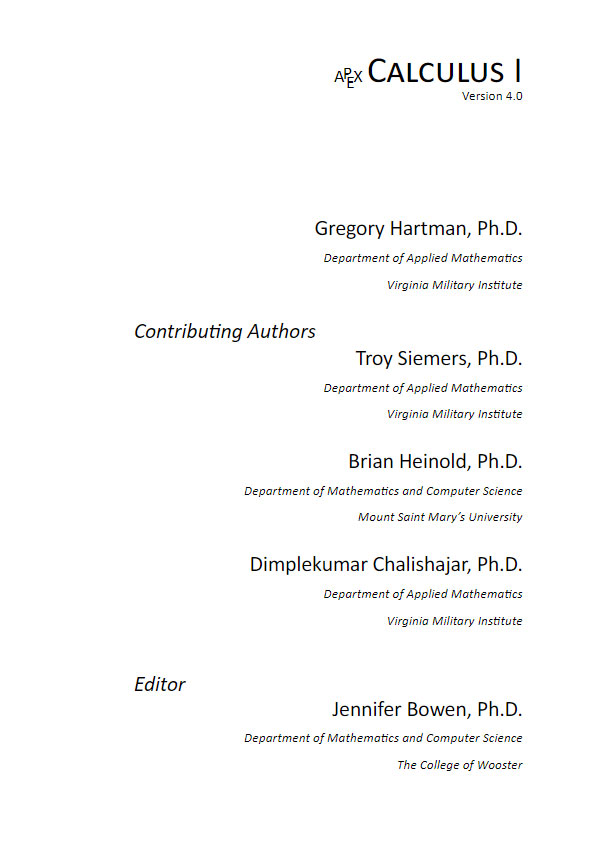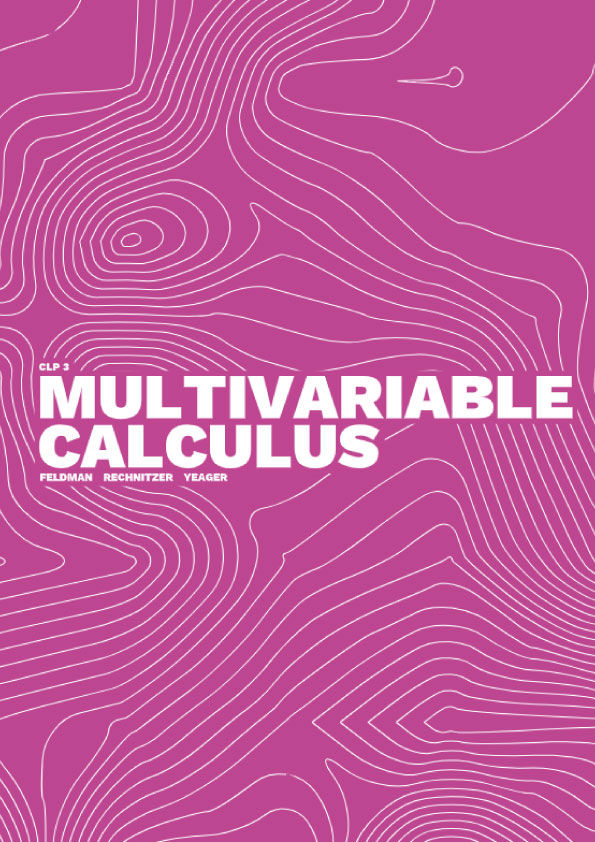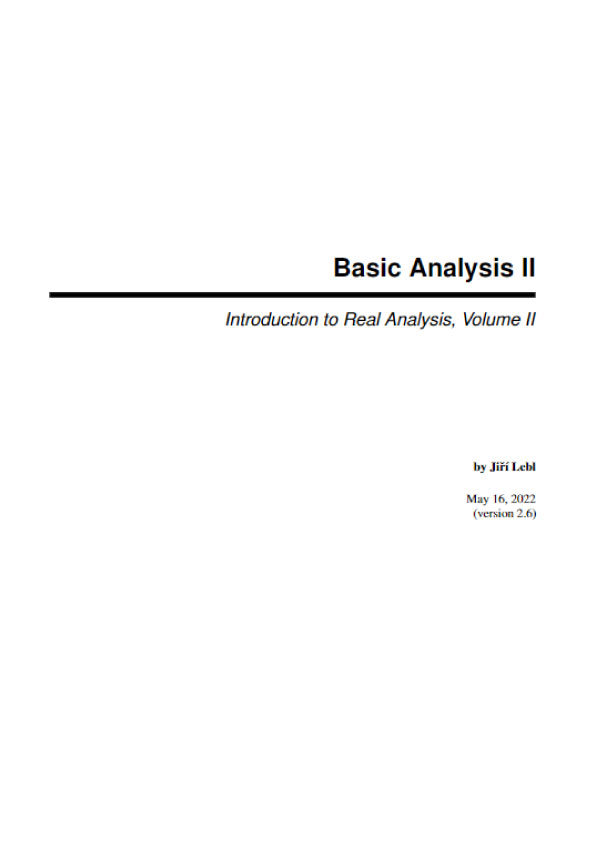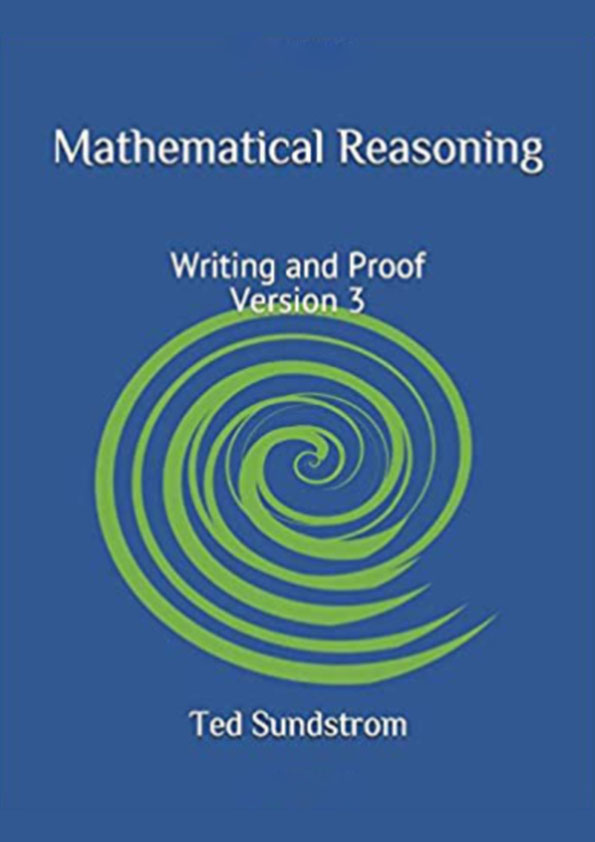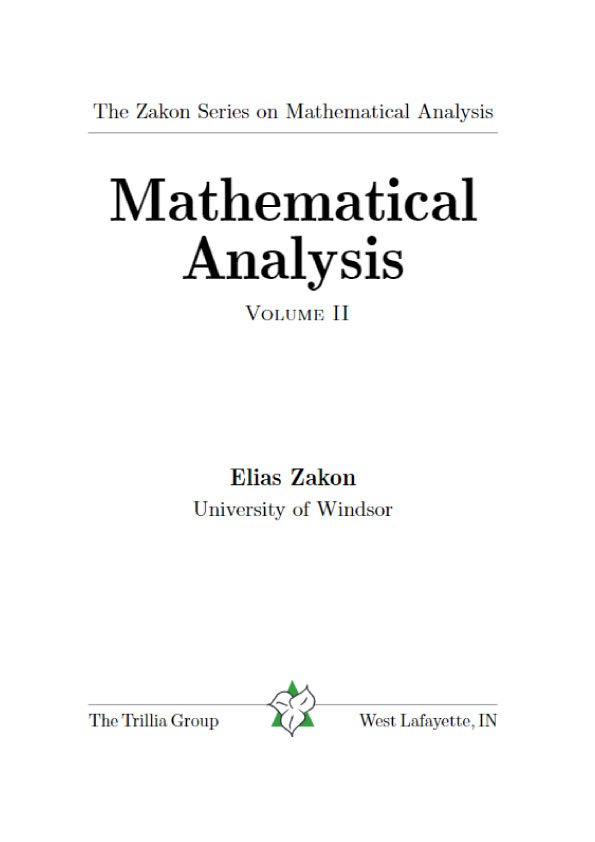The Open Logic Text is a book includes lots of the fundamental topics in mathematical logic, including Naïve Set Theory, Propositional Logic, First-Order Logic, Computability, and Incompleteness, etc. Here is the brief introduction of part of the topics:
- Naïve Set Theory: A foundational area of mathematics that deals with the concept of sets, which are collections of objects. Naïve Set Theory provides a framework for understanding basic set operations such as union, intersection, and complement. However, it has limitations and inconsistencies, which led to the development of more formalized set theory.
- Propositional Logic: A branch of logic that deals with propositions, or statements that are either true or false. Propositional Logic provides a way to analyze and manipulate propositions using logical operators such as “and,” “or,” and “not.” It is a key tool for reasoning about complex systems and decision making.
- First-Order Logic: An extension of propositional logic that deals with predicates, which are statements that can be either true or false depending on the value of their variables. First-Order Logic provides a way to reason about objects and their properties, and is widely used in computer science, linguistics, and philosophy.
- Computability: A study of what can and cannot be computed by machines. It includes topics such as the Church-Turing thesis, which states that any function that can be computed by an algorithm can also be computed by a Turing machine. Computability is a fundamental concept in computer science and has important implications for the limits of what can be accomplished with computers.
- Incompleteness: Limitations of formal systems, such as those used in mathematics, to fully describe themselves. The incompleteness theorems, discovered by Kurt Gödel, show that any formal system that is rich enough to include arithmetic is necessarily incomplete, meaning that there are true statements that cannot be proved within the system. This has significant implications for the foundations of mathematics and the limits of what can be known.
Learn more about different topics in the book now!
